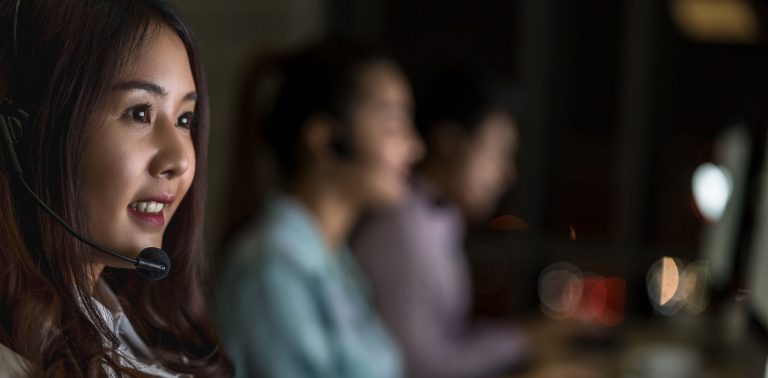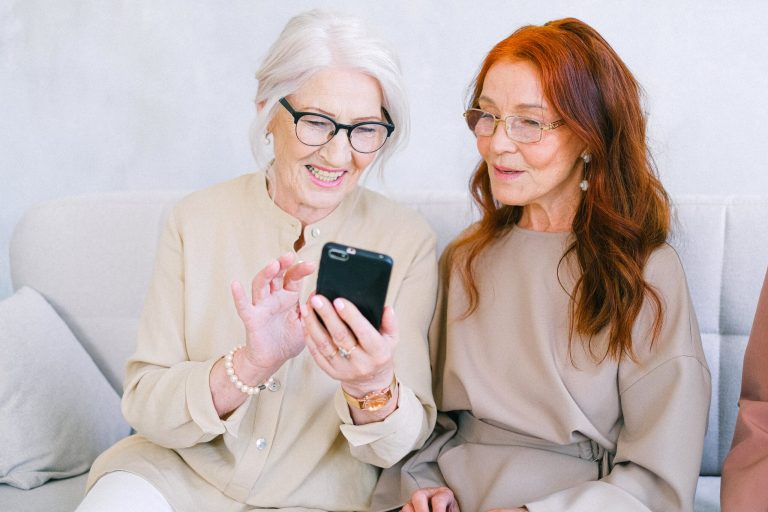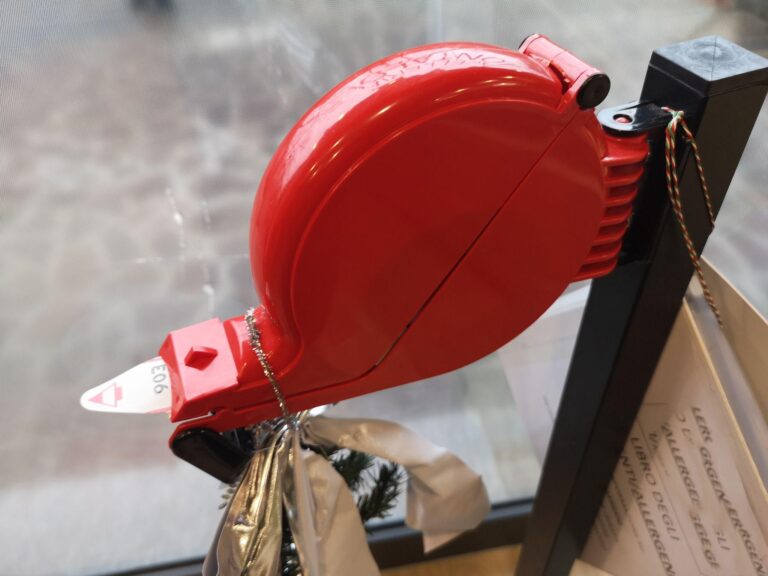What to Look for in a Senior Medical Alert System?
Are you afraid of getting hurt or needing help when you’re alone? There is a solution: medical alert systems. These devices give you more control over your life, allowing you to continue living independently, with the added security of assistance if needed.
With the fast improvements in medical alert technology, it can be tough to pick the right one with all the new features and providers, just by looking at their details. What matters is thinking about the person who’s going to use it. This post will help you figure out how to choose a medical alert system. Let’s get into it:
Importance of Senior Medical Alert Systems
Medical alert systems are practical lifelines. These devices, are regular accessories, connected to monitoring centers, ensuring a rapid response in emergencies.
With features like fall detection and two-way communication, they’re not just safety nets; they’re cost-effective solutions for seniors who prefer aging in their own homes. It’s about independence with a safety guarantee, here are the most important reasons why you need one.
As families and individuals, there’s a shared concern about the well-being of seniors, especially when they are alone. A senior medical alert system acts as a reassuring presence, providing an immediate connection to help when needed.
This peace of mind extends not only to seniors themselves but also to their families, who can rest easier knowing that assistance is just a button press away.
During emergencies, every second counts. Senior medical alert systems are designed to facilitate quick and efficient responses.
Whether it’s a sudden health issue, a fall, or any other urgent situation, these systems ensure that help is on the way promptly. This rapid response can significantly reduce the severity of injuries or health complications.
One of the greatest fears for seniors is the loss of independence. Medical alert systems enable seniors to maintain a sense of autonomy by providing them with a reliable means of seeking help without relying on constant supervision.
This fosters a sense of freedom, allowing them to live comfortably in their own homes.
Many senior medical alert systems offer 24/7 monitoring services, adding an extra layer of security. This continuous monitoring ensures that even when you or your loved one is asleep or unable to call for help, there’s always someone keeping a watchful eye.
Traditional methods of seeking help, such as dialing emergency numbers, may not be feasible for seniors in certain situations.
Medical alert systems simplify the process by providing a direct line to emergency services, eliminating the need to search for a phone or remember specific numbers.
This streamlined communication can make a significant difference in critical moments.
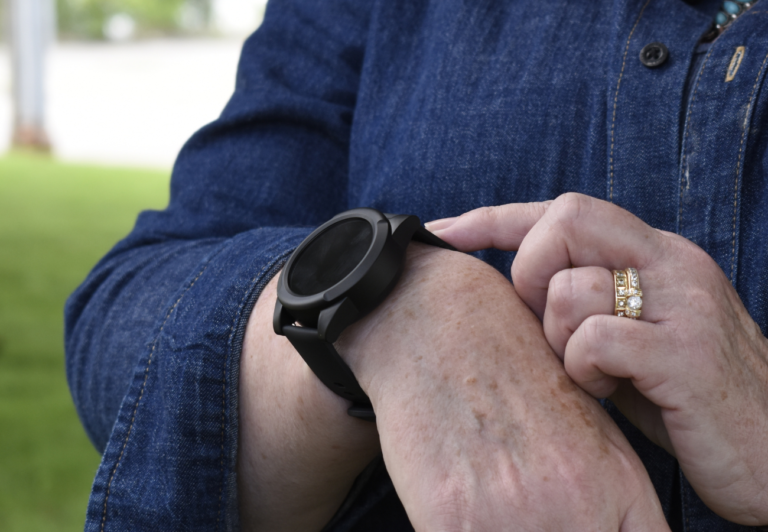
What to consider when you want a Medical Alert System?
When you’re getting ready to start looking for a medical alert system, there are two big decisions you need to make. These choices will affect how well the system works and how much it will cost.
Home or Away System
Originally, medical alert systems were for home use with a landline. You can still choose that.
But now, some work at home using a cellphone network, and no landline is needed. When you press the button on your wearable, it connects to help through a unit at your home.
Some even work outside, using cellphone networks and GPS to find you if you’re lost. If you don’t go out much, a home system is fine. But if you’re often out and about, having extra protection outside your home is a good idea.
Fall Detection
Many companies give you the option of adding automatic fall detection for an extra monthly fee.
Usually, these devices can detect when you fall and will automatically contact the dispatch center or an emergency contact, similar to pressing the call button.
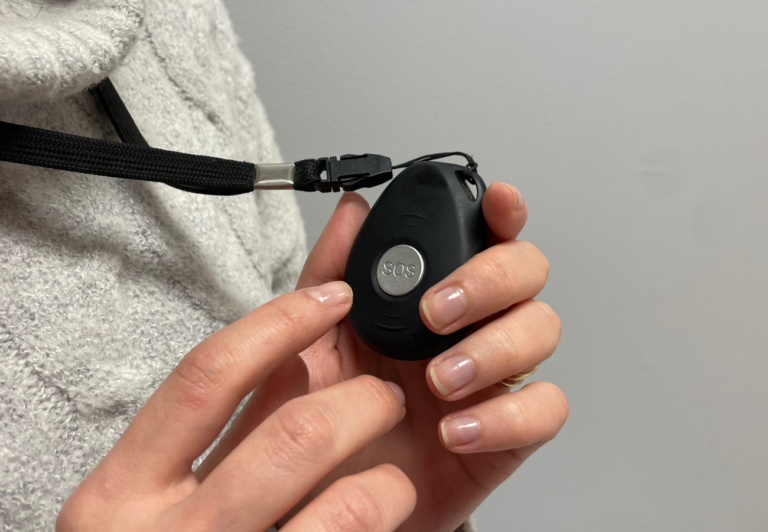
Comparison
Choosing the right smartwatch is important, especially for seniors who need features that keep them safe. In the comparison table below, we look at two options: the Apple Watch (iWatch) and the Senior Protection Medical Alert Smartwatch.
Both products have different features you might take into account:
| Features | Apple Watch (iWatch) | Senior Protection Medical Alert Smartwatch |
|---|---|---|
| Fitness tracking | Yes | Yes, heart rate and step counter. |
| Fall detection | Yes, if enabled. | Yes, with automatic alerting designed for seniors. |
| Emergency SOS button | Calls 911 | Calls to our care team first (we have your information already making the service more efficient) or a family member, not 911. |
| GPS Tracking | Yes | Yes |
| Water resistance | Yes | Yes |
| 24/7 Monitoring | No | Yes |
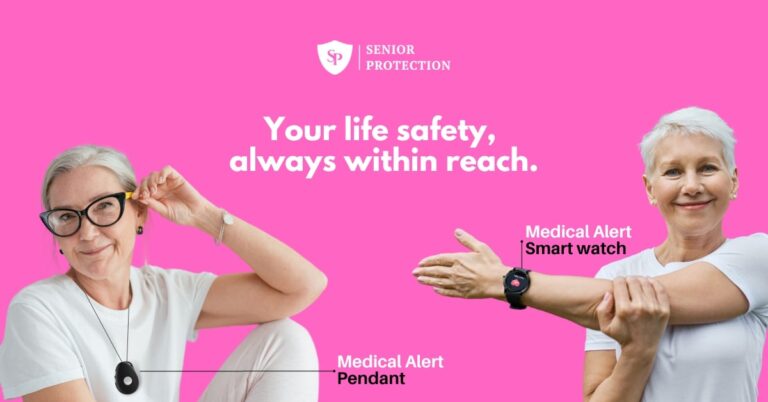
Talking about money, the Apple Watch costs more upfront than a medical alert smartwatch, which you don’t have to pay for right away. With the medical alert one, you just pay a small fee every month for the services it gives you. It’s not just about the thing itself; it’s mostly about the services that come with it.
The big difference between the two smartwatches is the kind of service they offer. The Senior Protection Medical Alert Smartwatch is designed with key features like fall detection, an emergency button, and medication reminders, making it easy to use and addressing the specific needs of older individuals.
While the Apple Watch has many cool features, the Medical Alert Smartwatch stands out for its simplicity and focus on safety, making it a great choice for seniors looking for an easy-to-use and reliable device.
When you are picking a medical alert system, look for one that’s easy to use, responds quickly in emergencies, fits into your daily routine, lasts a long time, and works well with how you live. The best system is simple, gives you reliable help, and makes you feel safe without making your everyday life harder.
Ready to enhance your safety and simplify your life? Choose the Senior Protection Medical Alert Smartwatch today for peace of mind and reliable assistance.
Click here to make your purchase and experience the difference!
Get Covered Today
- 24/7 Alert Monitoring
- Built In Fall Detection
- GPS Locator Technology
- Two-way Voice Communication



